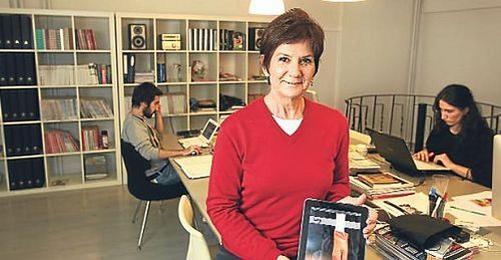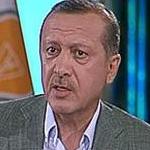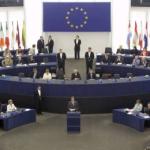Deputy PM Arınç Tackles Media Ethics
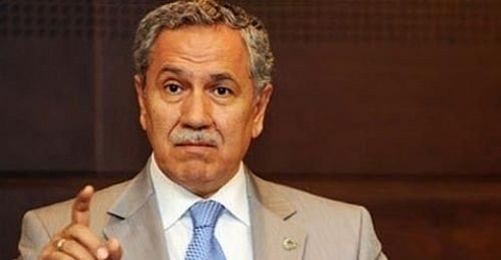
Deputy Prime Minister Bülent Arınç, Spokesperson of the Government, will meet media executives in the coming days for a "friendly conversation", as he put it, on the topic of "Processing Terror News".
In other words, the Government Spokesman will get in front of general publication directors of national newspapers and television programmers to tell them that some news are a "national issue". It will be discussed which headlines to put on news about the separatist Kurdistan Workers' Party (PKK) and how to use certain effects on television.
Arınç announced, "I will talk with them about this being a national issue and about establishing news-making techniques according to western standards in Turkey. One has to stay away from headlines, effects and news that can be inclined to a sort of propaganda regarding terrorist organizations and what they can do. I trust in their patriotism and I am sure that together we will arrive at a common point".
A "Terror/press" meeting was also held before by the former Minister of the Interior of the previous government, Beşir Atalay.
Are this kind of government and media "news meetings" normal? Is this acceptable in terms of media ethics? What does it mean in terms of journalism if journalists internalize the discourse of the government?
bianet asked these questions to experts and top-level executives in the Turkish media, i.e. journalist Kumru Başar from the Turkish BBC, Dr. Alsı Tunç and Dr. Esra Arsan as members of staff at the Bilgi University Faculty of Communication and Tuğrul Eryılmaz, general publications director of Radikal 2, a weekly supplement of the nation-wide Radikal newspaper.
Başer: How the BBC circumvented the ban on Sinn Féin
Debate meetings with the media were also done related to the Irish Republican Army (IRA) in Britain in the 1990s. The government even put a ban on publishing voice records of spokespersons of Sinn Fein, the political wing of the IRA. So the BBC took the statements of the Sinn Fein spokespersons and had it read by an actor with an Irish accent.
Governments may want to hold conferences like this. The crucial point is the resistance of the media. The critical issue of the meeting wanted by Bülent Arınç is this: Are the media executives powerful enough to remain independent towards the 'indoctrination' the government is trying to impose? The government has no power for legal sanctions against the media but in terms of political power the situation is different.
Tunç: Is there a media organization to stand firm against manipulation?
The political authority tries to increase the pressure on media organizations especially when it comes to issues like national security and terrorism. This situation is of course an intervention against press freedom and is not the desired relationship.
Yet unfortunately, this kind of pressure and intervention is still and will be taking place in so-called developed countries. Some people have been threatened in secret behind closed doors whereas others were clearly threatened in public.
Politicians try to control the power of the media as much as they can. The crucial issue is the question whether there is a media organization that stands firm and honourable against the manipulation of the political authority and its threatening rhetoric. If a media boss is being threatened by tax and other fees, s/he takes a step back and the publication policies change.
Arsan: This is a press scandal
It is unacceptable if journalists are being told by the administration of the ruling party how to make news because a journalist is making news according to news paradigms and the public interest. The journalists who are going to attend that meeting will be remembered in history as the journalists who signed a press scandal.
These meetings are being done to influence the contents and the news-making process and in a sense to reproduce the rhetoric of the state.
The state wants to control the media, either openly or in secret. In this case, Turkey is doing this too openly. This is the legacy of a military regime. As far as the issue of the South-East is concerned, the attitude of the General Staff has been the reason for censorship and auto-censorship for years. It was being dictated how to define what, whom to call a 'terrorist' and which words were to be used and which not.
A government aiming at 'civilization' with such and stance has to be questioned.
Eryılmaz: We publish for both Turks and Kurds
We have a state of war and we are publishing for both Turks and Kurds.
A journalist is obliged to pass on the truth. Is decided according to journalism criteria how the news will be seen and if it is going to be used. (...) The journalists who are going to attend the meeting have to be very careful.
I would go if I was invited. I would have told my ideas openly and I would have made some criticism. It is much more accurate to leave news-making to the understanding of the journalist. (IC/VK)
ULUDERE MASSACRE
4 Questions Not Answered for 120 Days
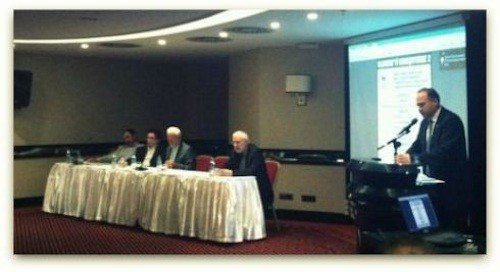
Students Forced to Paid Military Service

EMEK MOVIE THEATER PROTEST
"We Do Not Watch This Movie"
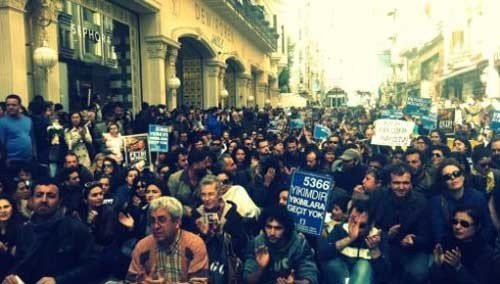
NEWROZ 2012
Newroz Came with Tear Gas and Police Violence
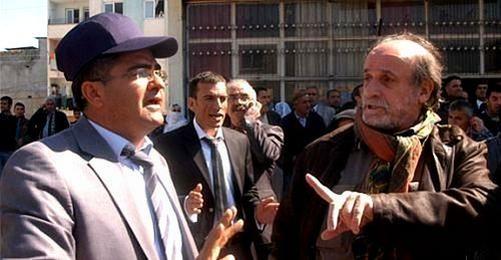
WOMEN QUOTA
Journalists Record: 147 Men, 27 Women
